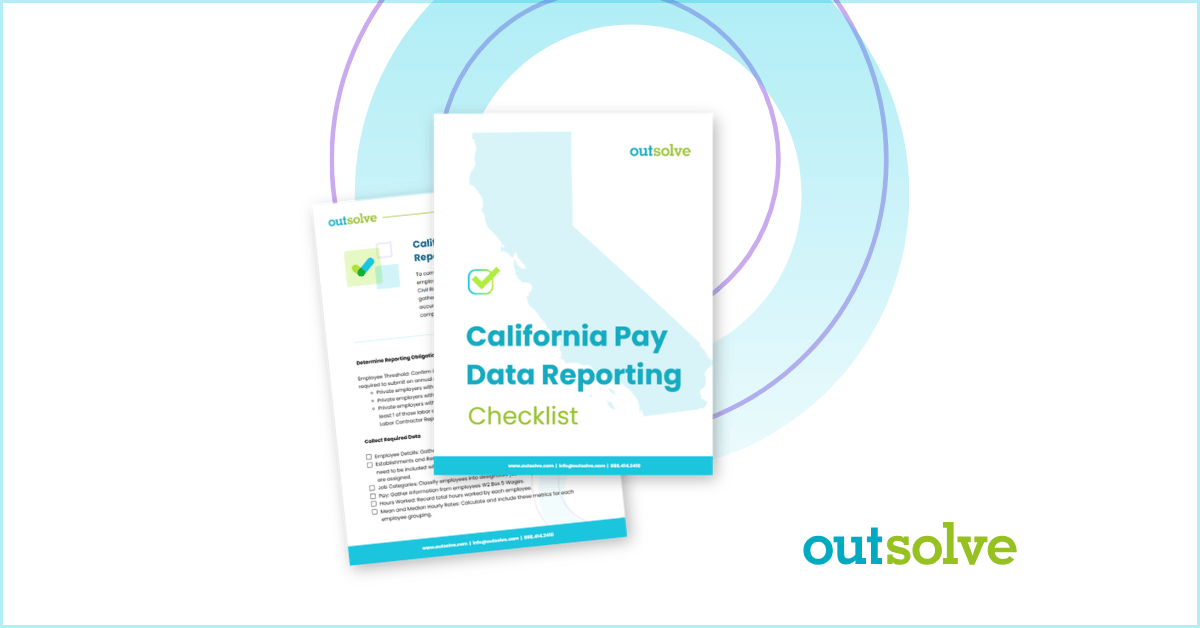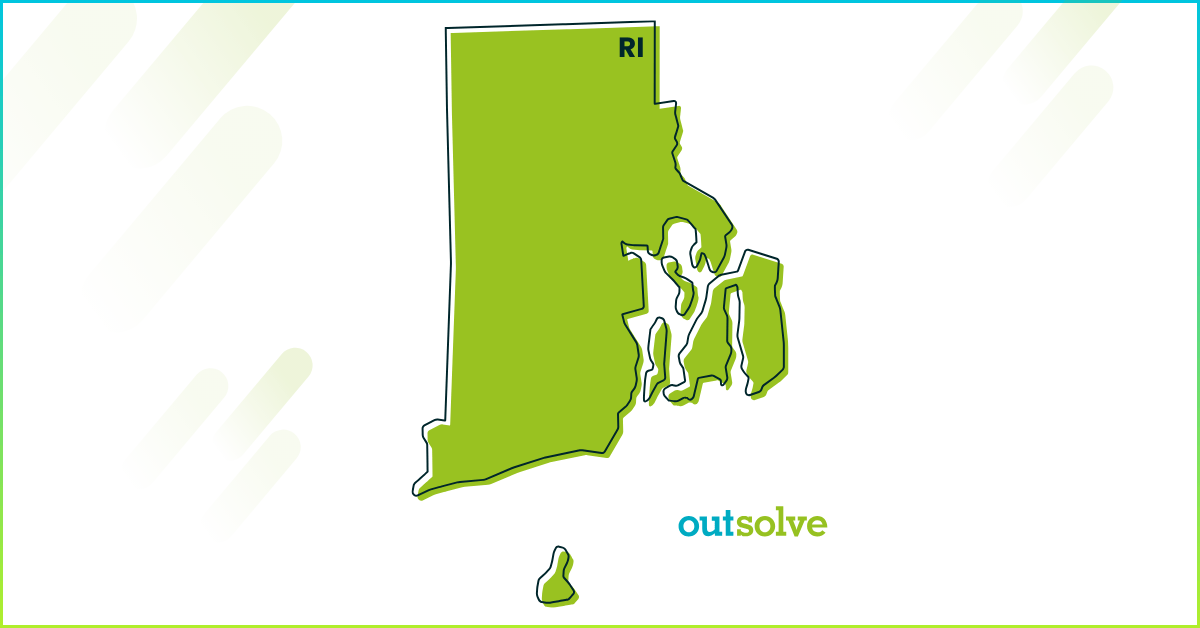I was thinking of writing an article this month about gratitude and it occurred to me that I should write about being grateful to the many men and women who have been in the armed forces and served our country. Many of them have lost their lives. They made the ultimate sacrifice.
Although the laws enforced by the Equal Employment Opportunity Commission (EEOC) don’t specifically deal with veterans, they are covered under the same statutes as everyone else. I worked with a man at Ft. Knox who assisted service members as they were leaving the Army. He told me what a hard time some service members have making the transition into the private sector. He asked me to do some training on the laws EEOC enforces for them so that the service members would be aware of their rights and responsibilities.
When I began to talk about the Americans with Disabilities Act (ADA) and requesting reasonable accommodations, I thought I would have lots of questions. Not one person asked a question. I was curious and asked my contact about it. He said that service members are not accustomed to requesting accommodation because that is not how things work in the military. He told me that service members may keep their medical conditions hidden because they are afraid they could lose their positions and be discharged from the service if the conditions are known.
Requesting an accommodation is not easy for many people. They do not want to disclose their medical conditions to their employers because they are afraid of how the employer may react. They fear they could be discharged or be retaliated against for requesting the accommodation. There is also a fear that they could be treated differently after the employer has knowledge of their disability.
Some disabilities, especially mental disabilities have stigma attached to them. Employees in general, as well as veterans, are afraid to talk about their disabilities for fear of the responses they might receive. For example, an employee with PTSD, may need an accommodation of leave to attend counseling. Not all employees with PTSD need leave as an accommodation. Perhaps, in our current situation, an employee with PTSD tells their employer that they cannot wear a mask due to PTSD. Remember that employees do not need to disclose their conditions unless they are requesting an accommodation. All requests for accommodation should go through an interactive process to determine how accommodation may be accomplished.
It is a best practice to make first-line supervisors aware of requests for accommodation and how they might be made. They could come about because the supervisor notices the employee is having difficulty performing their job. The way the supervisor addresses the issue can make all the difference in how the situation develops. If the issue is addressed as a performance issue and the employee then discloses a medical condition, an accommodation may be needed and the employer has been put on notice of the need during the discussion with the supervisor. Training first-line supervisors is essential. And, keep in mind that, if the employee is a veteran, they may not be forthcoming with information about their disability.
If you are a veteran, thank you for your service. I know that you and your family made sacrifices for our country. If you are not a veteran, let’s all remember what they have done for us and try to assist them in any way possible.
If you would like more information about the ADA and/or the interactive accommodation process, feel free to reach out to me at eeoadvantage@gmail.com or (502) 553-7648.
And, for Thanksgiving, let’s all think of at least one person or thing for which we are grateful and give thanks.
President at EEO Advantage, LLC
Weekly OutLook
Featured Posts

5 Key Compliance Items HR Can’t Afford to Ignore

HR Compliance Checklist: What Every HR Pro Needs to Know
Related Posts
.png)
Beat the Rush: Outsource Federal Reporting Requirements in Q1
The beginning of the year usually feels like a fresh start that brings new business initiatives, goals, and strategies. The work you do between...

California Pay Data Report Checklist for HR Professionals
With changes regarding California pay data reporting taking effect in 2026 and 2027, this is the checklist you need to stay confident that you've got...

What You Need to Know About the Rhode Island Pay Transparency Law
Pay transparency continues to gain traction at the state level, and Rhode Island is no exception. Let’s dive into the details of how this law works...
 Toni Ahl
Toni Ahl
.png)
